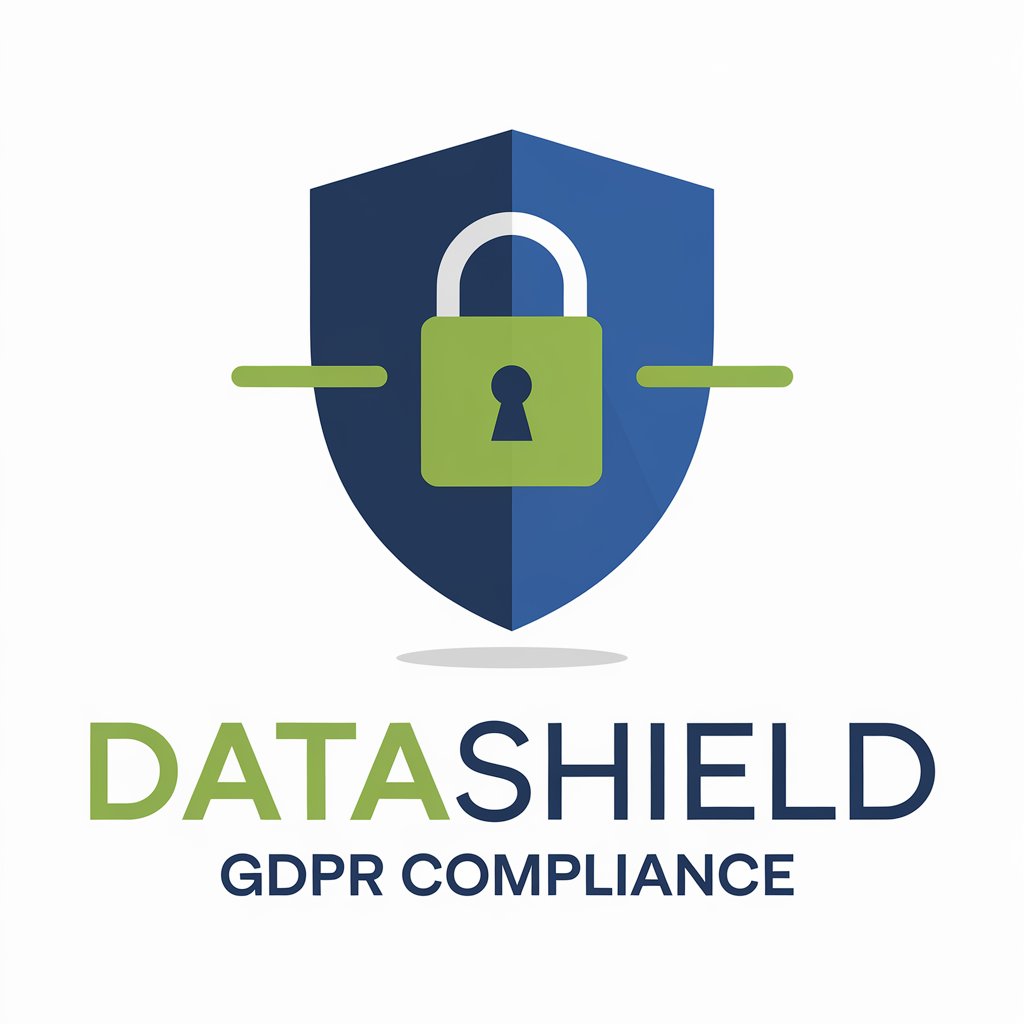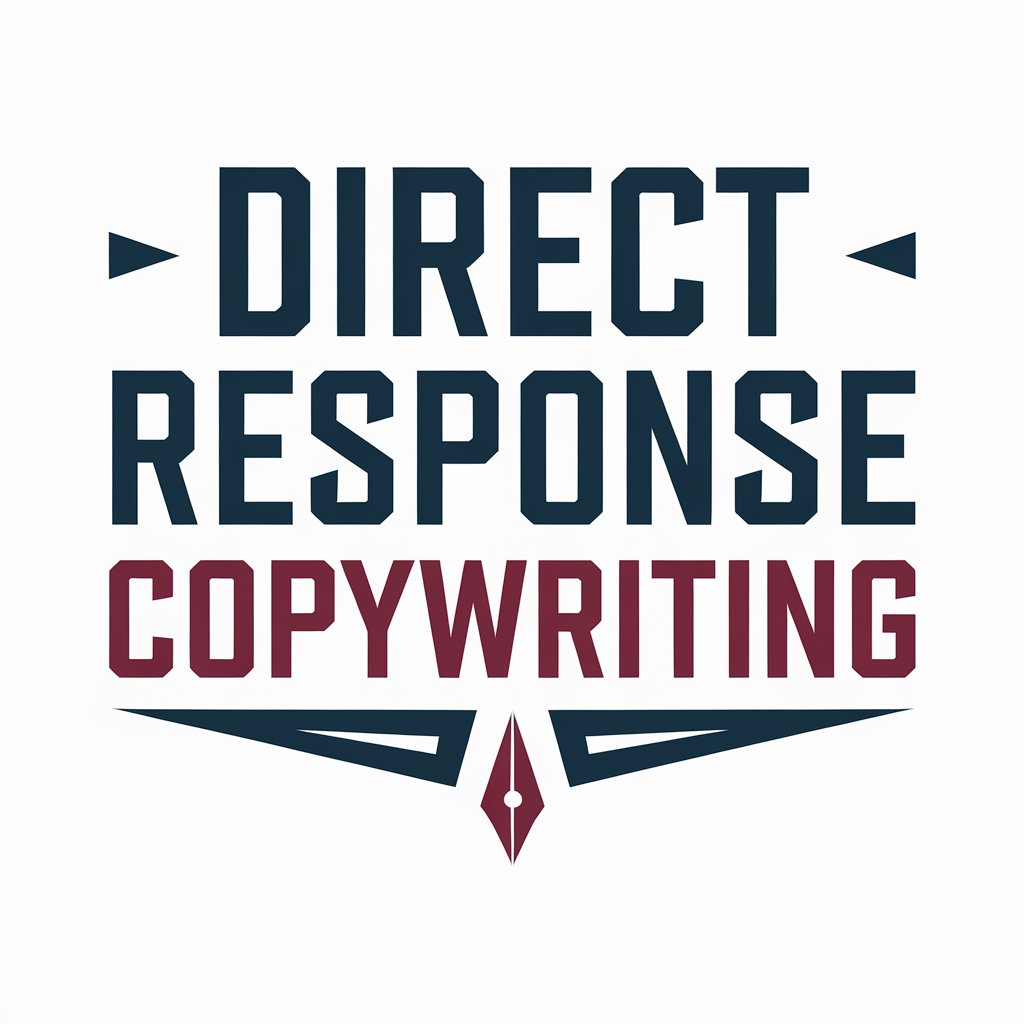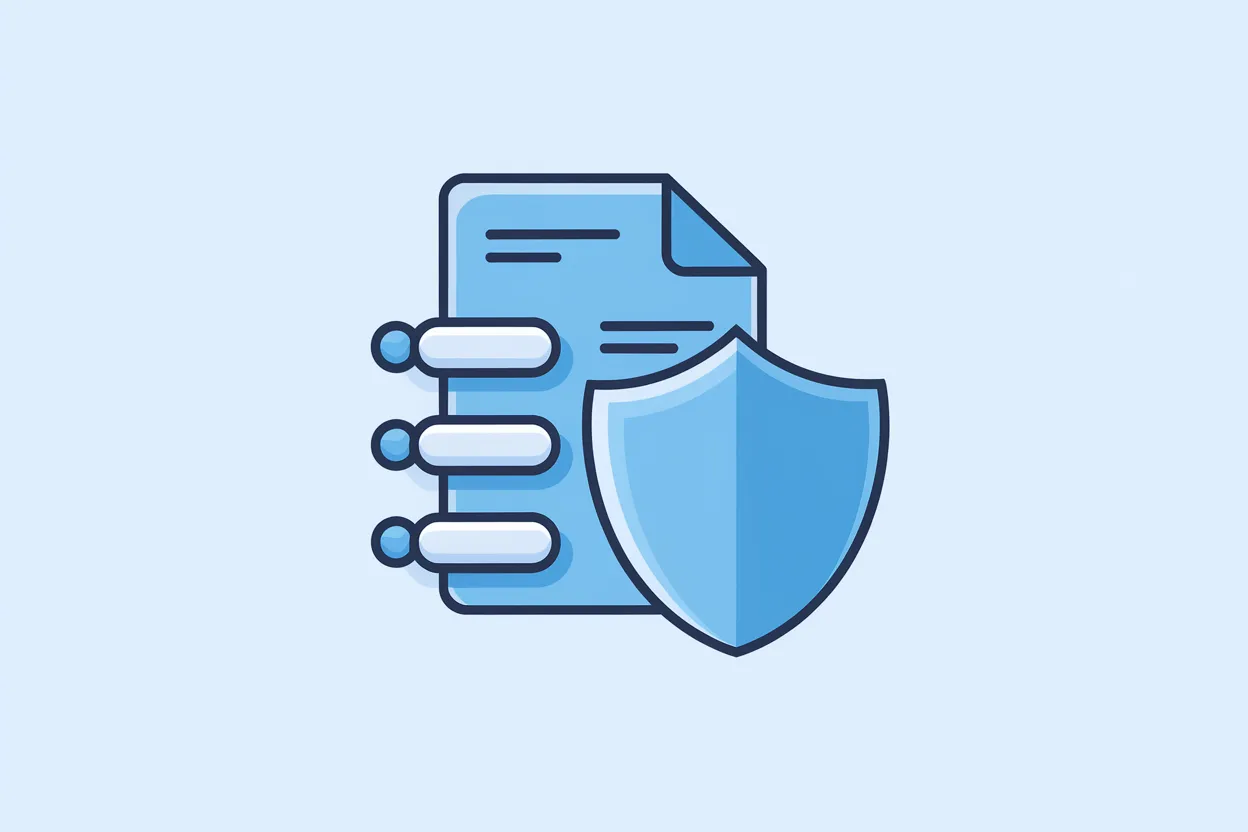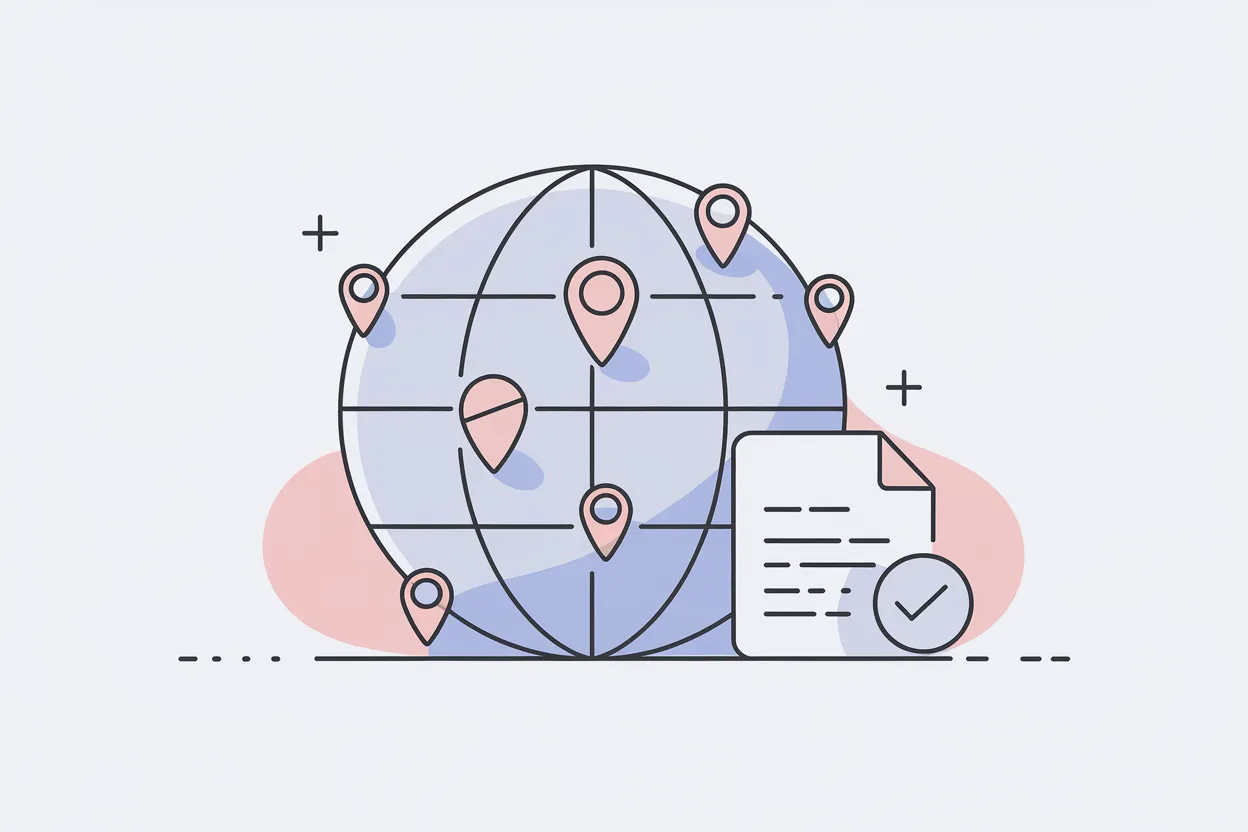Privacy Policy Generator by GPT4O: Easily Create Compliant Privacy Policies
Generate tailored, legally compliant privacy policies in minutes with GPT4O's free privacy policy generator.

Let's create a GDPR-compliant privacy policy for your site!
What types of data do you collect from users?
How do you process user data on your site?
Do you share any data with third parties?
What rights do users have over their data?
relatedTools.title

Free Haiku Generator by GPT4O: Create Poetry Instantly

Free Slogan Generator by GPT4O - Create Custom Slogans

Free Direct Response Copywriting Assistant by GPT4O – Boost Your Conversions

Free ChatGPT Prompt Generator by GPT4O - Create, Optimize & Refine Prompts

Free Turabian Citation Generator | gpt4o.so - Create Perfect Citations Instantly

Free APA 7 Citation Generator by GPT4o - Fast and Accurate Citations

O1 Preview by GPT4O – Free AI for Prototypes & Tasks

Free AI Writing Assistant by GPT4o.so: Enhance Your Writing Today
Key Features of GPT4O Privacy Policy Generator

GDPR Compliance
Ensure your privacy policy adheres to the General Data Protection Regulation (GDPR), covering critical aspects like user consent, data rights, and security measures to protect your users' privacy.

Customization
Tailor your privacy policy based on the specific data your website collects, the purposes for which it's used, third-party sharing, and user rights, making it unique to your business needs.

Multiple Jurisdiction Support
Comply with international and local regulations like the California Consumer Privacy Act (CCPA) and the Virginia Consumer Data Protection Act (VCDPA) to protect your global audience.

Quick Turnaround
Generate a fully customized, legally compliant privacy policy in minutes, ready for publication in formats like Markdown or HTML, without the need for any legal expertise.
How to Use the GPT4O Privacy Policy Generator
Step 1: Answer Simple Questions
Begin by providing basic details about your website, mobile app, or SaaS platform, such as the types of data you collect and how it's used.
Step 2: Customize Your Privacy Policy
Select options to include specific regulations like GDPR, CCPA, and others, and tailor your privacy policy with the correct data categories and third-party integrations.
Step 3: Generate and Download
Review your generated privacy policy, make final edits if needed, and download it in your preferred format (Markdown, HTML, etc.) for immediate use.
Who Can Benefit from GPT4O's Privacy Policy Generator
Small Businesses and Startups
If you're a small business or startup, GPT4O's privacy policy generator simplifies the legal process of creating a customized privacy policy, ensuring compliance without the high cost of hiring legal professionals.
E-commerce Websites
E-commerce platforms collect sensitive user data like payment information. Our generator helps you build a compliant privacy policy that meets both local and international laws, enhancing user trust.
SaaS Providers
For SaaS businesses, where data security is critical, GPT4O offers the tools to create comprehensive privacy policies, including data processing and international transfer clauses, ensuring compliance with GDPR and other laws.
Mobile App Developers
If you're developing mobile apps, our generator assists in addressing privacy concerns related to data collection, consent, and third-party integrations, offering a compliant solution for app users worldwide.
What Our Users Are Saying About GPT4O's Privacy Policy Generator
The GPT4O Privacy Policy Generator was a game-changer for us. It’s easy to use, customizable, and most importantly, legally compliant with international regulations. Highly recommend!
Sarah Thompson
Founder, EcoTech SolutionsAs a small business owner, I needed a solution that was both affordable and reliable. GPT4O helped me create a professional privacy policy that covered all necessary legal bases.
James Lee
Marketing Director, Online Store Co.I’m very impressed with how GPT4O’s generator simplifies complex legal terms. It saved us hours of work and ensured our privacy policy is fully compliant with GDPR and CCPA.
Emily Richards
Legal Advisor, CloudWorks SaaSCreating a privacy policy for our mobile app was a breeze with GPT4O. The platform guided us through the steps, and the final policy was clear, concise, and legal.
Michael Davis
App Developer, FitTrack
Frequently Asked Questions About GPT4O's Privacy Policy Generator
Can I create my own privacy policy?
Yes, you can definitely create your own privacy policy. However, crafting a comprehensive and legally sound privacy policy requires a good understanding of privacy laws, including GDPR, CCPA, and other regional regulations. It's important to ensure that your privacy policy clearly outlines how you collect, store, and share user data. If you're uncertain about the legal aspects, it’s advisable to consult with a legal professional or use an automated privacy policy generator. These generators can help you draft a privacy policy that is tailored to your specific needs, saving you time and effort. A well-written privacy policy can not only help you stay compliant with data protection laws but also build trust with your users by being transparent about your data handling practices.
Is it okay to use a privacy policy generator?
Yes, it is completely fine to use a privacy policy generator. These online tools are designed to help businesses and website owners create a privacy policy that aligns with legal requirements and industry standards. Using a privacy policy generator is a cost-effective and efficient way to ensure compliance with laws like GDPR and CCPA, especially for smaller businesses or individuals who may not have the resources to hire a lawyer. However, while these generators are reliable for general use, you should ensure that the generated policy accurately reflects your unique business practices. Some customization might be required to ensure it covers specific services, data collection methods, or third-party integrations. Always review the generated document to make sure it fits your needs and legal obligations.
Is it illegal to copy a privacy policy?
Copying a privacy policy verbatim from another website or business can be problematic. While it may not be outright illegal, it is generally not recommended. Privacy policies are tailored to a specific business’s practices, data collection methods, and legal obligations. Copying a privacy policy without considering the specific needs of your business could lead to discrepancies that violate privacy laws, such as GDPR or CCPA. Additionally, copying another company's policy could expose you to risks, such as liability for incorrect data usage or non-compliance with applicable regulations. Instead, it is better to use a privacy policy generator that tailors the policy to your business and ensures legal compliance. In cases where you use someone else's policy as a reference, be sure to make necessary modifications to reflect your own practices.
How do you write a simple privacy policy?
Writing a simple privacy policy doesn’t need to be complicated, but it must include key elements to ensure transparency and compliance with privacy laws. Start by clearly stating what personal data you collect from users, such as name, email, or location. Then, describe how this data will be used—whether it’s for improving services, sending marketing materials, or other purposes. Additionally, inform users whether their data will be shared with third parties, such as advertisers or service providers. Include information on how users can access, update, or delete their data, and mention how long their information will be stored. Lastly, make sure your privacy policy outlines how you protect user data from unauthorized access and security breaches. Using a privacy policy generator can help simplify this process by guiding you through the necessary sections and ensuring you comply with relevant laws.
Is the GPT4O Privacy Policy Generator really free?
Yes, GPT4O offers a free version of our privacy policy generator that lets you create fully customized privacy policies without any charges.
Can I customize the privacy policy for my specific needs?
Absolutely! You can tailor the policy to your website or app's specific data practices, including third-party integrations and compliance with laws like GDPR and CCPA.
Will the generated privacy policy be legally compliant?
Yes, GPT4O’s privacy policy generator ensures compliance with major regulations such as GDPR, CCPA, and other local and international laws.
How long does it take to generate a privacy policy?
Generating a privacy policy takes just a few minutes, depending on the complexity of the information you provide.
Can I use the privacy policy for multiple platforms?
Yes, you can use the generated privacy policy on multiple platforms, including websites, mobile apps, and SaaS products, with full customization options.
Do I need to be a legal expert to use the generator?
No, our tool is designed to be user-friendly and guides you through the process without requiring legal expertise.